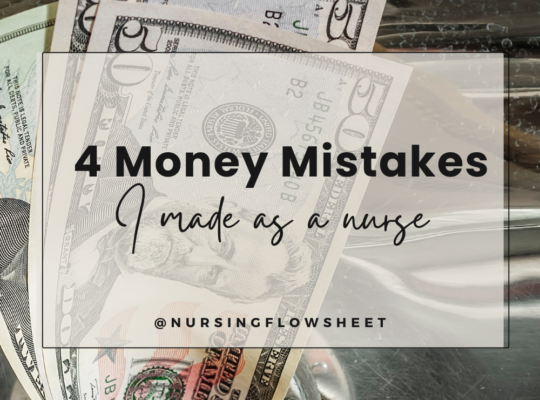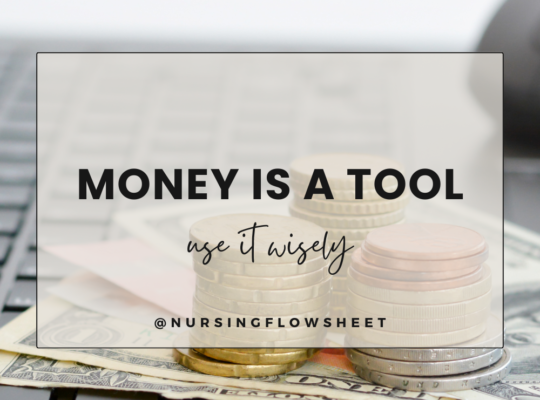Ever wonder how you can retire a millionaire passively?
Two words: Index Fund
Index fund investing has risen hugely in popularity over the last number of years, with the likes of Warren Buffett championing it.
Two of my favorite books about investing is written by the father of index funding himself, John Bogle. John Bogle is also the founder of Vanguard, one of the most respected and successful companies in the investment world.
The Boglehead’s Guide to Investing by John Bogle
The Little Book of Common Sense Investing by John Bogle
When you hear the word investing, you would automatically think that it’s complex or intimidating. My personal approach to investing is keeping things simple and investing long term. This is why I like index fund investing. I have a brokerage account that’s just specifically on index funds.

So what is an Index? Index fund?
What is an Index?
Before diving into what an index fund is, it is worth explaining what the word “index” actually means
An index is a method to track the performance of a group of assets in a standardized way. An index is pretty much a sample of the market or a way of segmenting the stock market. This sample is selected by people (e.g. a committee) who come up with the rules of what individual holdings should be included.
In a way, the index itself doesn’t actually exist! I.e. it’s an idea.
Examples of an index include the S&P 500, which are a collection of the 500 companies in the US Stock market. Indexes help investors track the performance of the stock market.
What is an Index Fund?
An index fund is, therefore, a basket of individual holdings (e.g. stocks or bonds) i.e. mutual fund that aims to track a particular index. So if you buy the S&P 500 index fund, you’re buying a portfolio of stocks. However, it’s held in a pooled structure with a portfolio manager who is responsible for tracking the index i.e. replicating the results of the S&P 500 index.
Investing in an index fund makes the assumption that you’re are not trying to beat the market.
Index investing is a passive form of investing, which goes against the approach of active fund management.
The latter involves a manager who actively (and expensively!) picks stocks believing he/she can outperform the stock market.
What are the Advantages of Index Fund Investing?
1. Cost –One of the biggest advantages of an index fund by far is costs. Investing in an index fund requires little or no upfront costs. One way to know you’re investing in an index fund is to look at the Total Expense Ratio (TER). It would be very small relatively if it’s an index fund.
2. Diversification –Investing in an index fund means that you own a piece of every company in the index. This diversifies your portfolio
3. Self Cleansing –Think about it, over time, the makeup of the major indexes like S&P500 change. This self-cleansing work is done for you essentially if you buy the index, rather than having to do this yourself through stock picking.
4. Emotional Stability – Index investing removes the emotional and psychological aspects of investing.
5. It’s for everyone- You don’t need to know how to analyze individual stocks and the complicated aspects of the stock market.
6. Enjoy Good Returns- If you invest early, index fund gives you good returns. Over the last 30 years, index funds average 7% of returns.
7. TIME- if you don’t have to actively invest, you can use your time to do other things that can generate you more income.
While index fund is really great investing strategy, some downsides are market risk, sector and industy bias and not ideal for the really rich people.
How Do You Invest In An Index Fund?
Index funds take two main formats: Tracker fund or ETF. Tracker funds were traditionally the name given to those that work like investment funds. ETFs are traded on stock exchanges like ordinary shares. Both traditional tracker funds and ETFs keep costs ultra-low as there is no need for expensive fund managers who try to pick winners for you.
1. Pick a brokerage firm: Fidelity, Vanguard
2. Open an investment account: could be ROTH IRA, Individual, traditional IRA etc
2. Transfer money from your bank account to fund the account
3. Trade: pick index funds
Here are the TOP 5 INDEX FUNDS for 2021 that will make you rich:
This is not financial advice. Do your due diligence to research these index funds.. these are the funds that I personally picked for myself based on my OWN financial goals and risk tolerance.

Fidelity ZERO Large Cap Index Fund (FNILX)
The Fidelity ZERO Large Cap Index Fund tracks an index of just over 500 U.S. large cap stocks. Because this fund is not an official S&P 500 index fund, it avoids paying expensive licensing fees to S&P Global , the index’s parent company. The fund tracks the Fidelity U.S. Large Cap Index as its benchmark.
This index fund delivered a total return of 20.05% in 2020, beating the S&P 500’s total return of 17.4% for the same period.
VOO – Vanguard S&P 500 ETF
No list of index funds is complete without the stalwart S&P 500 index. It is the most popular index to invest in, comprised of the 500 largest American companies that make up roughly 82% of the entire U.S. stock market. The fund was established in 2010 and has an expense ratio of 0.03%.
QQQ – Invesco QQQ Trust
QQQ from Invesco tracks the famous NASDAQ 100 index, which is composed of mostly tech stocks. The index holds the largest non-financial companies listed on the NASDAQ exchange. This collection of stocks has had a great run in recent years from the stellar performance of Big Tech. In fact APPLE, AMAZON and MICROSOFT make up over 1/4 of this index. The fund has over $100B in assets and has an expense ratio of 0.20%.
Vanguard Total Stock Market Index Fund (VTSAX)
The Vanguard Total Stock Market Index Fund Admiral Shares is one of a series of index funds from Vanguard that share a similar name. Make sure to look for the VTSAX when examining the funds. This fund gives investors exposure to the entire U.S. equity market and includes, small-, mid-, and large-cap growth and value stocks. It has low costs for entry, broad diversification, and also has the potential for tax efficiency. It’s a low-cost entry to investing across the entire stock market, but does require tolerance for volatility and risk.
Fidelity Real Estate Index Fund (FSRNX)
The Fidelity Real Estate index Fund invests in equity real estate investment trusts (REIT) and real estate-related investments. It invests at least 80% of assets that are included in the MSCI IMI Real Estate 20/25 Index. The MSCI measures publicly traded real estate securities in the U.S and screens for liquidity, market cap, and percentage of revenue from ownership and operation of real estate securities.
There are many more.. these are a few of my top index funds.
Remember that it’s important to create a DIVERSIFIED PORTFOLIO with different assets (stocks, bonds etc) based on your goals and risk tolerance.
Some tips on how to be successful with Index Fund Investing
Read: RULES FOR SUCCESSFUL INVESTING
Another tip I would add is: Reinvest your dividends – Doing this automatically will add fuel to the compounding machine that is your portfolio.
In conclusion,
Index fund investing and the passive movement is here to stay. This is a good way to start investing in the stock market without all the complexities of picking individual stocks.
Are you ready to use index fund investing for your financial freedom??






